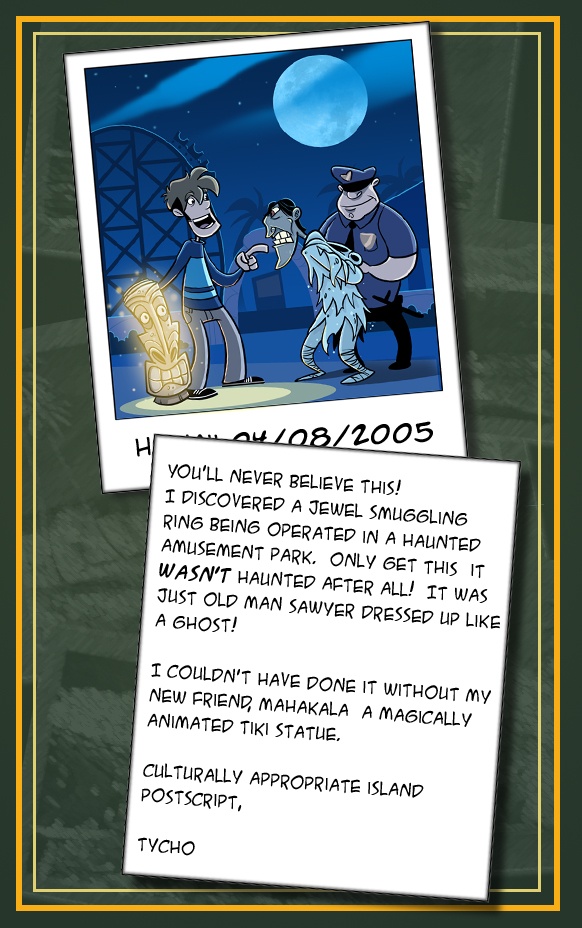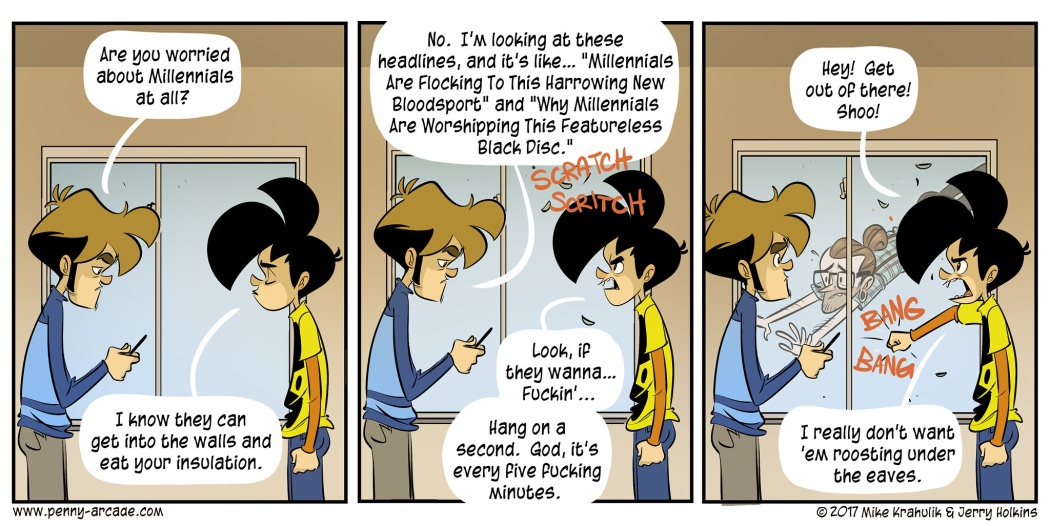Shekhar Dhupelia is a producer at Midaway. He was cool enough to hook us up with an article for Friday. It’s going up a little early since we’ll all be at Sakuracon all weekend.Enjoy:
I’ve worked in the game industry for about 5 years now, and it’s my humble opinion that the business is sort of screwed up. I know I’m not the first guy to say that, and I’m certainly not the last. I’m not an MBA or a “suit”, and I’m probably not experienced enough to try and affect business models, revenue streams and org charts. What I do know, by this point, is a lot of stuff needs to happen on the ground, in the trenches with the team, to make the games better and address catch-all issues like “quality of life”. That’s where a Producer comes in, and is judged to be good or bad; is the game done on time, on budget, and are people usually happy about their work, their hours, their personal and professional growth, and the people around them. That’s what a Producer thinks about. And, above all, we’re mortally concerned with the quality of the game!
I was recently asked to come in as the newest Producer at Midway Games in Chicago, working on an as-yet unannounced title. I previously worked with them on NBA Ballers, which regular readers of PA might have some familiarity with. I have additionally worked as a programmer with tiny teams of 25 guys working all hours of the night on a 3rd party title, always tight on budget, as well as seeing how a 100-person team operates at a 1st-party console maker, on a budget that contains the word “bajillions”. Both get stuff done in different ways, and both do things right, both do things wrong. Even with that grizzled experience, I was still honored at the invitation. It’s been great so far, and I can already see the amazing potential of my team. I’d like to talk about a day in my new life here, and save the “how to make the business better” opinions for another time.
I can’t speak from years of experience as a Producer, being that I haven’t been here a month yet, but I can say what my life is like now, and what exactly I do. Much like how Geoff Zatkin describes the life of a designer, it doesn’t feel like the life of a rock star (the exception is E-3, but that’s only one week every year). It certainly doesn’t correlate with what you expect of television or movie producers – rife with celebrity lunches and casting couches (at least, that’s what we have to tell our spouse).
I spend a lot of time in Microsoft Office. I mean, a WHOLE LOT of time in Microsoft Office. If you don’t know the difference between a flowchart and a document and a spreadsheet, or don’t care to know, then this job is not for you. I also spend a whole lot of time in meetings. I mean, a WHOLE LOT of time in meetings. So if you don’t particularly enjoy looking someone in the eye or just sort of shiver when you think about being asked your opinion in front of people, then this job is not for you.
Another important thing before I go on is that you have to be a gamer. You need to be a hard-core gamer. Preferably you’re a gamer who pre-orders games that might not even be good when they come out; a gamer who spends too much money on audio/video gear for your gaming needs; a gamer who spends so much time gaming that they gamble with their job and relationships in the way that heavy smokers gamble with their lung capacity. This next statement could sort of open up into a tangential discussion on modern game design, but suffice it to say, there are no truly original games. There can’t be, at least with modern console games, and I refuse to accept “What about Katamari Damacy?!?” Bullshit, I’ve played enough Super Monkey Ball and Marble Madness to know better. But you need to know recent games, landmark games, the major flops, and the highly expected upcoming releases, because we all copy game design from each other, in every game, going all the way back to Pong and SpaceWar. You need to be able to say “Well, that idea seems like a whole lot of work, when I know that we could just copy the scheme from Super Virtua Soul Machine 9 to do the same thing!”
So, we’ve covered some requirements. Now, what are the Office documents and the meetings and all of that about? Well, there are a couple major areas that a producer needs to keep track of:
- The overall schedule of the project – they have to know exactly what’s going on at any point in time, with the entire kit-and-caboodle. If some boss-guy asks “how close are we to seeing the two guys punching each other, with all the lighting and shaders and cloth simulation on their cargo pants?” then you’re the one who’s going to look it up and tell them. Further, when someone gets run over by a truck and can’t work for 2 weeks (this has happened), you need to bring in all of the team leadership in a room and start figuring out which feature is going to get dropped or what can be scaled back to make it easier to finish the end product.
- Communication between groups – the biggest concern of the Art Lead is what the artists are doing, and the biggest concern of the Animation Lead is what the animators are doing. In most cases, these little groups will work on their own issues quite nicely, and will do stuff in their own peculiar and happy ways. But, as soon as something the Art team is doing affects the Animation team, a Producer has to catch it and get the groups together, record the decisions, and make sure everyone sticks to it. “No I in Team” and all that.
- Being in charge of outside groups – whether you have motion capture with a celebrity, or need someone to come in and record dialogue, or you have another team in the company in charge of doing a lot of your important work, you have to be on top of where it all sits, because nobody else will.
There’s actually a lot more than just those areas, but I’d say those are the biggest time-consumers. To prove that this job description could fill up reams of notebooks, consider also: contracts, negotiations, licensing, marketing, hiring, firing, ordering equipment, training, performance reviews, and the thousands of other catch-all tasks that fall outside of “art, code, animation, audio, design, etc.” So that tells you a little about Producers. And no, still no casting couches.
I wish I could tell you about the title I’m working on now, only because this is the most talented, motivated team I’ve had the pleasure of working with. Other Game Developers take note – you’d be JEALOUS if you saw the raw talent here. There’s sheer talent and experience in every corner of our group. I’m completely of the belief that, with everyone working together in unison, we can not only put together an amazing game, but serve as a model for other games and teams that follow.
Best job I ever had.
Shekhar Dhupelia
sdhupelia [at] midwaygames [dot] com

